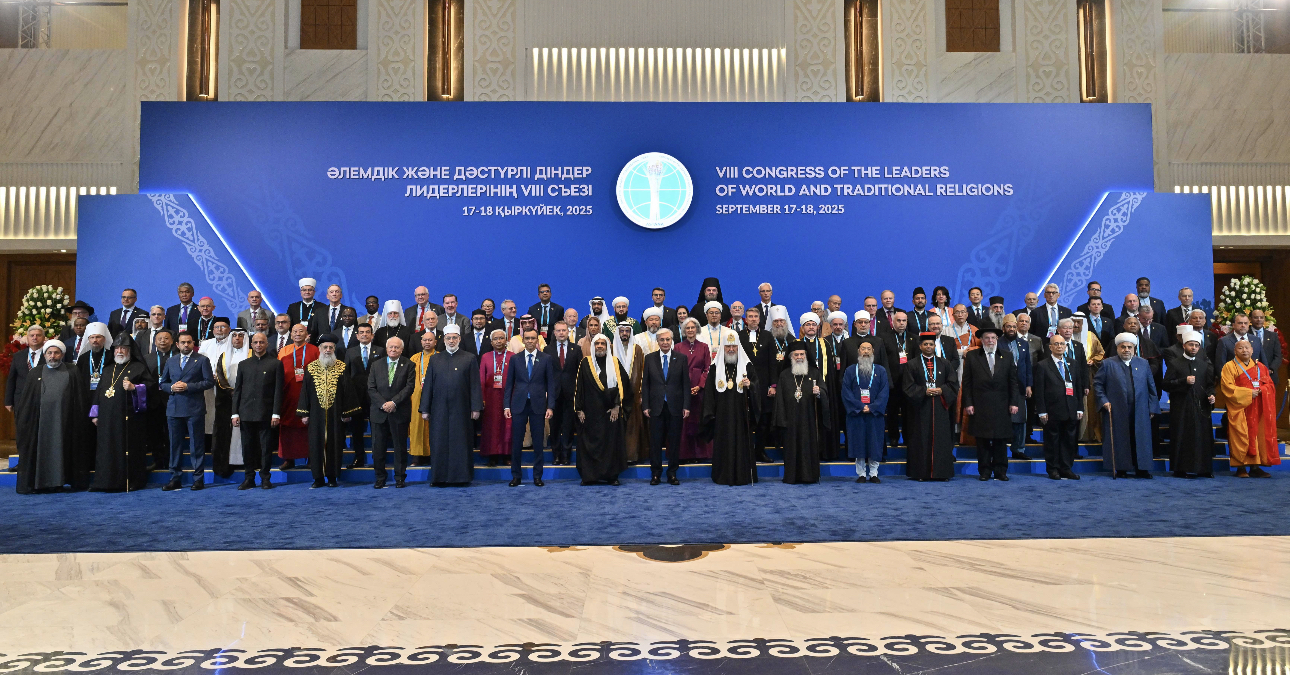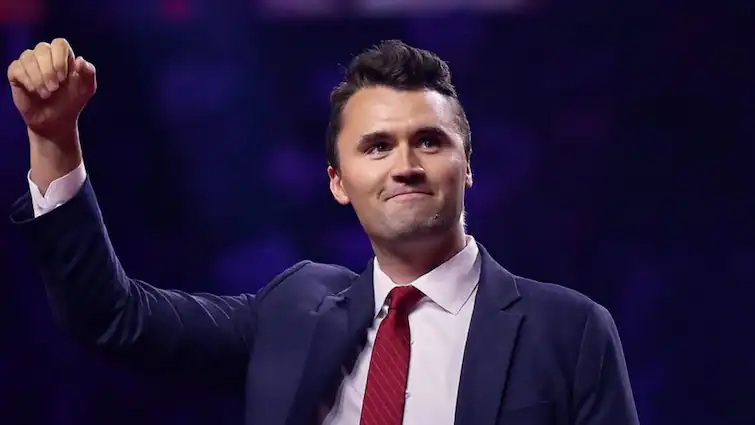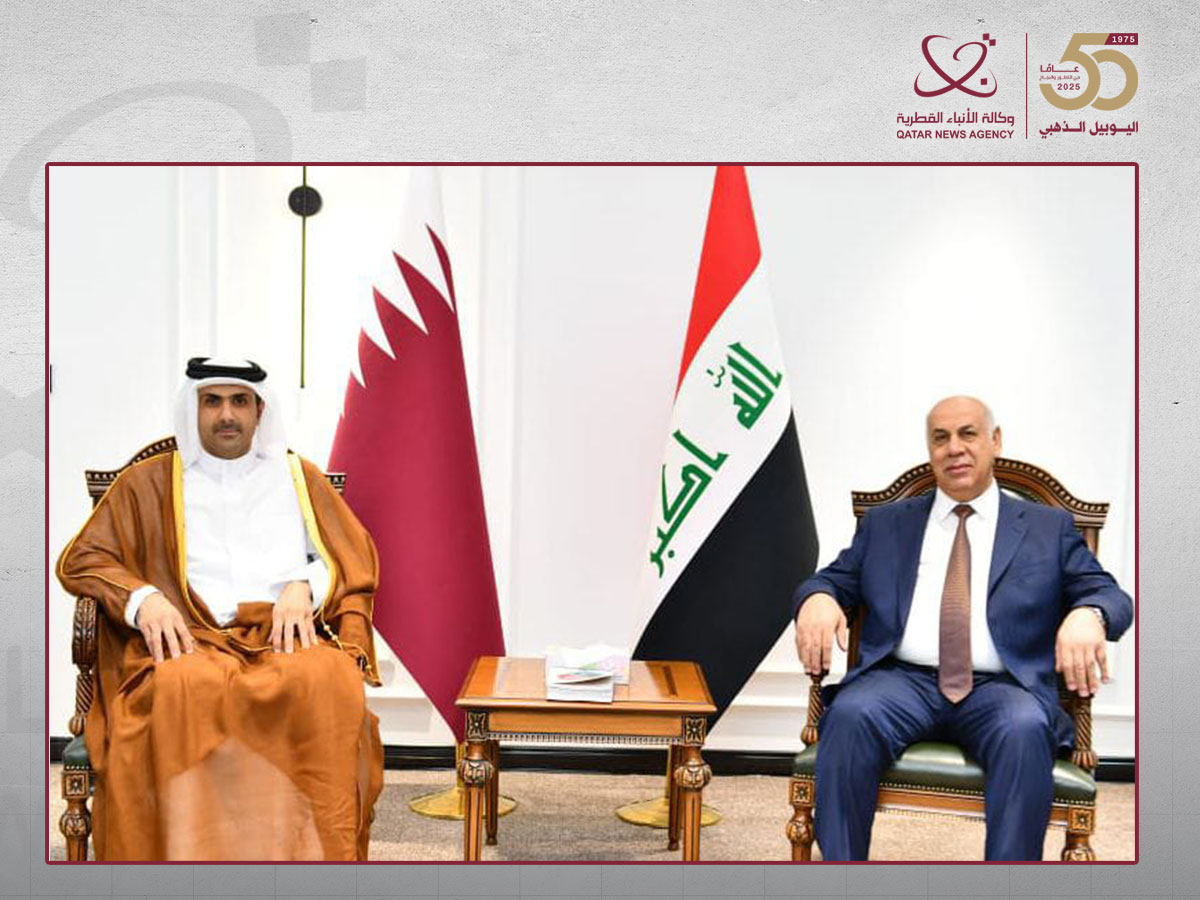By Aiman Nakispekova,Fatima Kemelova
Copyright astanatimes

ASTANA – The eighth Congress of Leaders of World and Traditional Religions opened Sept. 17 in Astana, drawing 100 delegations representing major world faiths, religious and civic organizations, and senior officials. The gathering once again positioned Kazakhstan as a global hub for interfaith dialogue at a time of growing geopolitical tensions and crises.
The first day featured a panel discussion on the role of religious leaders in the spiritual and social development of humankind.
Sheikh Dr. Mohammad Abdulkarim Al-Issa, Secretary-General of the Muslim World League, addressed the global context of the congress, citing growing violence and distrust. He highlighted that peace should remain the primary goal and praised Kazakhstan’s role in promoting spiritual leadership.
“Religious leaders, with their spiritual authority, have a profound influence on the hearts and minds of believers. Their impact is of great importance in strengthening the shared human values and principles that unite us,” he said.
He urged leaders to translate responsibility into tangible action, rather than symbolic gestures.
“Religious and spiritual experience is conveyed through openness, dialogue, and sincerity. This responsibility is not merely symbolic, nor can it be measured in numbers or confined to formalities. Our values do not fade, even as our doctrines and traditions differ. What unites us is a shared human morality, a universal ethic rooted in the depths of our being,” he said.
Synergy for the future
The panel continued with Pope Leo XIV, who sent a special message to participants telling them they had gathered “to bring healing to our fractured and wounded world.”
“This theme is especially timely, underscoring the vital role of inter-religious dialogue in an age marked by violent conflict. At its heart, synergy means working together, both with one another and with the divine,” he said.
Pope Leo emphasized that genuine religious impulses foster dialogue and cooperation, and that harmony reflects a deeper order of reality.
He described solidarity as “synergy in action,” the lived expression of loving one’s neighbor on a global scale.
“Such collaboration is not a call to erase differences, but rather an invitation to embrace diversity as a source of mutual enrichment,” he said.
Patriarch Theophilos III of Jerusalem drew from his city’s unique context to highlight the necessity of dialogue.
“The only way to deeper understanding, to mutual respect, and an ability to live together in the same land is by way of serious and committed dialogue. The true dialogue is based first and foremost on an interest in and a curiosity about the other,” he said.
He also introduced the concept of synergy as the interaction and cooperation that produces something greater than its parts. He highlighted the importance of synergy in achieving common goals and creating a more effective and hopeful community.
“True synergy does not need to wait for dialogue to reach its goal, but together, synergy and dialogue may nourish each other in a fruitful relationship that sustains and supports all those who are engaged in it. There is no doubt that in the future, this combination of dialogue and synergy must become the driving principle of all that we do,” he said.
Patriarch Kirill of Moscow recalled his 2012 visit to Kazakhstan and participation in the fourth congress, saying the event has since become an “authoritative and significant international process.” He praised the professionalism and relevance of its related forums and cultural initiatives.
“Despite differences between traditional religions, they are united in faith in God and in moral conformity with that faith. In a society of truly religious people, peace and prosperity are possible, as world history shows,” he said.
Dialogue over division
Li Guangfu, chairperson of the World Taoist Federation, spoke about global crises, from political aggression to environmental threats. He called for dialogue and cooperation as the only way forward.
“With great responsibility, through dialogue and cooperation rather than division, we can promote justice and real progress, achieving the path of coexistence. We must, through our various communities, advance religious dialogue and cooperation. Differences are not a reason for conflict, but rather the foundation for mutual support and shared understanding. The real effort should not be to erase differences, but to pursue consensus based on our shared aspirations, and to strengthen solidarity and cooperation. We should draw on our shared human experiences, and through facing common challenges, build unity,” said Guangfu.
United Nations Secretary-General António Guterres sent greetings to the congress, thanking Kazakhstan for hosting and for promoting dialogue across faiths and cultures.
“The United Nations was founded on the conviction that dialogue leads to peace. Today, that truth is more important than ever. Especially as conflicts, inequalities, the climate crisis, and geopolitical divisions grow. We need to build bridges in our fractured world. That is exactly what we are doing,” said Guterres in his message.
“Religious and spiritual leaders are essential in forging a common ground. Your teachings have guided buildings across centuries, and today your voices can counter intolerance and inspire hope,” he added.
The congress also featured speeches from Israel’s Chief Rabbi Kalman Meir Ber, UN High Representative for the Alliance of Civilizations Miguel Ángel Moratinos, Jo Bailey Wells, first Bishop for Episcopal Ministry in the Anglican Communion, Dr. Mohammad Mahdi Imanipour, Head of the Islamic Culture and Relations Organization, and Christophe Kamp, OSCE High Commissioner on National Minorities. They, along with other speakers, reaffirmed their commitment to dialogue, tolerance, and solidarity as guiding principles in addressing global crises.
The Astana Times featured a series of interviews with religious leaders in Kazakhstan ahead of the congress, including the Jewish, Bahá’í, Russian Orthodox, Pentecostal church, Muslim and Catholic communities.



